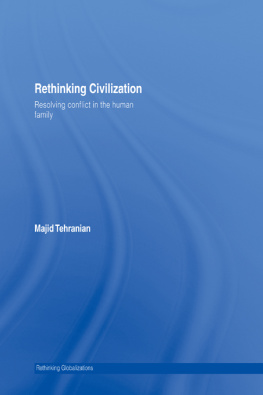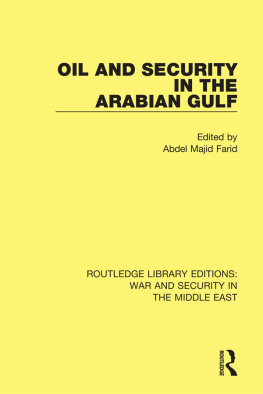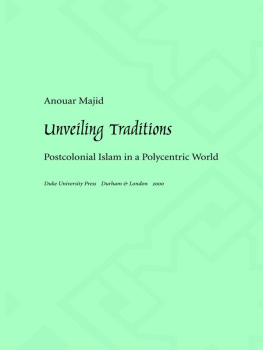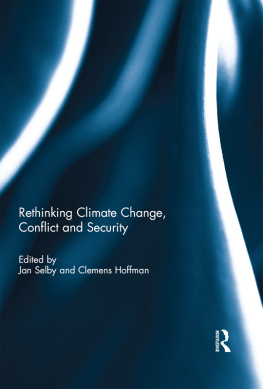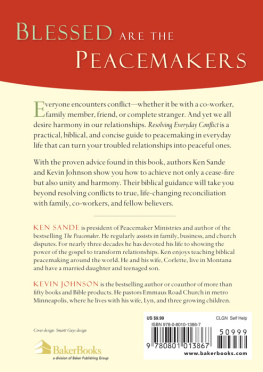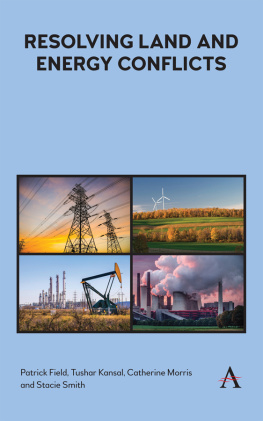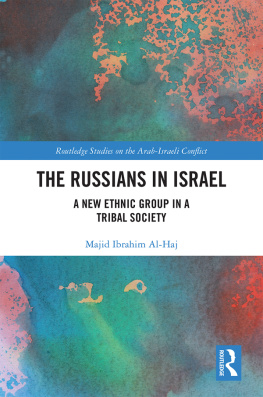Majid Tehranian - Rethinking Civilization: Resolving Conflict in the Human Family
Here you can read online Majid Tehranian - Rethinking Civilization: Resolving Conflict in the Human Family full text of the book (entire story) in english for free. Download pdf and epub, get meaning, cover and reviews about this ebook. year: 2006, publisher: Routledge, genre: Politics. Description of the work, (preface) as well as reviews are available. Best literature library LitArk.com created for fans of good reading and offers a wide selection of genres:
Romance novel
Science fiction
Adventure
Detective
Science
History
Home and family
Prose
Art
Politics
Computer
Non-fiction
Religion
Business
Children
Humor
Choose a favorite category and find really read worthwhile books. Enjoy immersion in the world of imagination, feel the emotions of the characters or learn something new for yourself, make an fascinating discovery.
- Book:Rethinking Civilization: Resolving Conflict in the Human Family
- Author:
- Publisher:Routledge
- Genre:
- Year:2006
- Rating:5 / 5
- Favourites:Add to favourites
- Your mark:
- 100
- 1
- 2
- 3
- 4
- 5
Rethinking Civilization: Resolving Conflict in the Human Family: summary, description and annotation
We offer to read an annotation, description, summary or preface (depends on what the author of the book "Rethinking Civilization: Resolving Conflict in the Human Family" wrote himself). If you haven't found the necessary information about the book — write in the comments, we will try to find it.
Rethinking Civilization: Resolving Conflict in the Human Family — read online for free the complete book (whole text) full work
Below is the text of the book, divided by pages. System saving the place of the last page read, allows you to conveniently read the book "Rethinking Civilization: Resolving Conflict in the Human Family" online for free, without having to search again every time where you left off. Put a bookmark, and you can go to the page where you finished reading at any time.
Font size:
Interval:
Bookmark:
University of Newcastle, UK
The vortex of knowledge and globalization
James H. Mittelman
Edited by Barry K. Gills, William R. Thompson
Resolving conflict in the human family
Majid Tehranian

2 Park Square, Milton Park, Abingdon, Oxon OX14 4RN
by Routledge
270 Madison Avenue, New York, NY 10016
RefineCatch Limited, Bungay, Suffolk
Printed and bound in Great Britain by
Antony Rowe Ltd, Chippenham, Wiltshire
A catalogue record for this book is available from the British Library
Tehranian, Majid.
CB428.T414 | 2007 |
ISBN10: 0415770696 (pbk)
ISBN13: 9780415770699 (pbk)
We became fast, feisty friends
Across the time, space, agency
And speech that divide us.
We forged
A bond without bondage,
A link without chains,
A union without states,
In the kingdom of the spirit.
Our language of the heart
Is sweeter
Than the language of the tongue
(tearing us apart)
Bringing
A joy
That unites us,
In our yearnings
For transcendence
Beyond the finitude,
Fragility,
And frailty,
Of our times and spaces,
Our speeches,
And our sufferings.
Tokyo, July 30, 1992
Newport Coast, California
April 8, 2006
Font size:
Interval:
Bookmark:
Similar books «Rethinking Civilization: Resolving Conflict in the Human Family»
Look at similar books to Rethinking Civilization: Resolving Conflict in the Human Family. We have selected literature similar in name and meaning in the hope of providing readers with more options to find new, interesting, not yet read works.
Discussion, reviews of the book Rethinking Civilization: Resolving Conflict in the Human Family and just readers' own opinions. Leave your comments, write what you think about the work, its meaning or the main characters. Specify what exactly you liked and what you didn't like, and why you think so.

